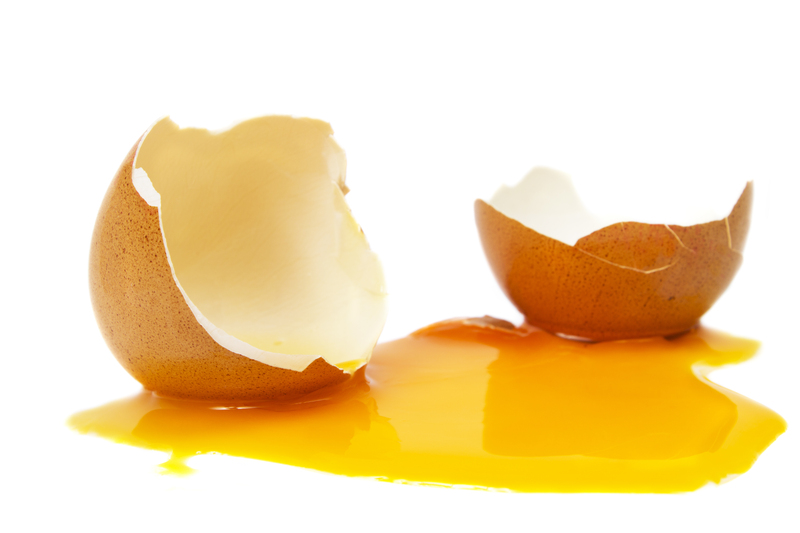Effective Limescale Removal
Posted on 24/07/2024
Limescale is a common problem, particularly in areas with hard water. It is a chalky, off-white deposit that can build up on appliances, fixtures, and plumbing systems. Over time, it can lead to reduced efficiency of these appliances, increased energy consumption, and even damage to the equipment.
Understanding Limescale Formation
Limescale forms when hard water evaporates, leaving behind calcium carbonate deposits. These deposits accumulate on surfaces that often come into contact with water, such as faucets, showerheads, kettles, and boilers. Addressing limescale is essential for maintaining the longevity and efficiency of your household appliances and fixtures.

Household Methods for Limescale Removal
Several effective household methods can be utilized to remove limescale:
1. Vinegar and Baking Soda
Vinegar is a powerful descaling agent, and baking soda enhances its effectiveness:
- Mix equal parts of vinegar and water
- Apply to the affected area and leave for 30-60 minutes
- Scrub gently with a brush
- Rinse thoroughly with water
2. Lemon Juice
The citric acid in lemon juice can break down limescale naturally:
- Apply lemon juice directly to the limescale
- Let it sit for about an hour
- Scrub and rinse off with water
Commercial Limescale Removers
When household methods fall short, commercial removers come in handy. These products are specifically designed to tackle stubborn limescale deposits. Here are some popular options:
1. Descaling Agents
These chemicals effectively break down and dissolve limescale:
- Follow the instructions on the label
- Apply as directed and ensure proper ventilation
- Rinse thoroughly to remove any residue
2. Water Softening Systems
Investing in a water softener can prevent limescale formation altogether:
- These systems replace calcium and magnesium ions with sodium ions, reducing hardness
- Requires professional installation and regular maintenance
Pros and Cons
Here are some pros and cons of different limescale removal methods:
Household Methods
Pros:
- Economical and easily available
- Environmentally friendly
Cons:
- May not be effective on severe limescale
- Requires more time and effort
Commercial Removers
Pros:
- Highly effective and fast-acting
- Convenient and easy to use
Cons:
- Can be expensive
- May contain harsh chemicals
Tips for Preventing Limescale
- Regularly clean your appliances and fixtures with vinegar or lemon juice
- Wipe down wet surfaces promptly to prevent buildup
- Consider installing a water softener if you live in an area with hard water
- Use filtered water for appliances like kettles and coffee makers

Takeaways
- Limescale can affect the efficiency and lifespan of your appliances and fixtures
- Household methods like vinegar and baking soda or lemon juice are effective for minor cases
- Commercial removers offer a quick and efficient solution for stubborn limescale
- Preventative measures can significantly reduce limescale formation
Conclusion
Effective limescale removal is essential for maintaining the performance and longevity of your household appliances and fixtures. Whether you opt for household methods or commercial products, it is crucial to address limescale promptly to avoid costly repairs and replacements. By implementing prevention strategies, you can keep your home free of limescale and enjoy the benefits of efficient, well-maintained appliances.
Latest Posts
Keep Your Home Dust Mite-Free: A Short Guide







